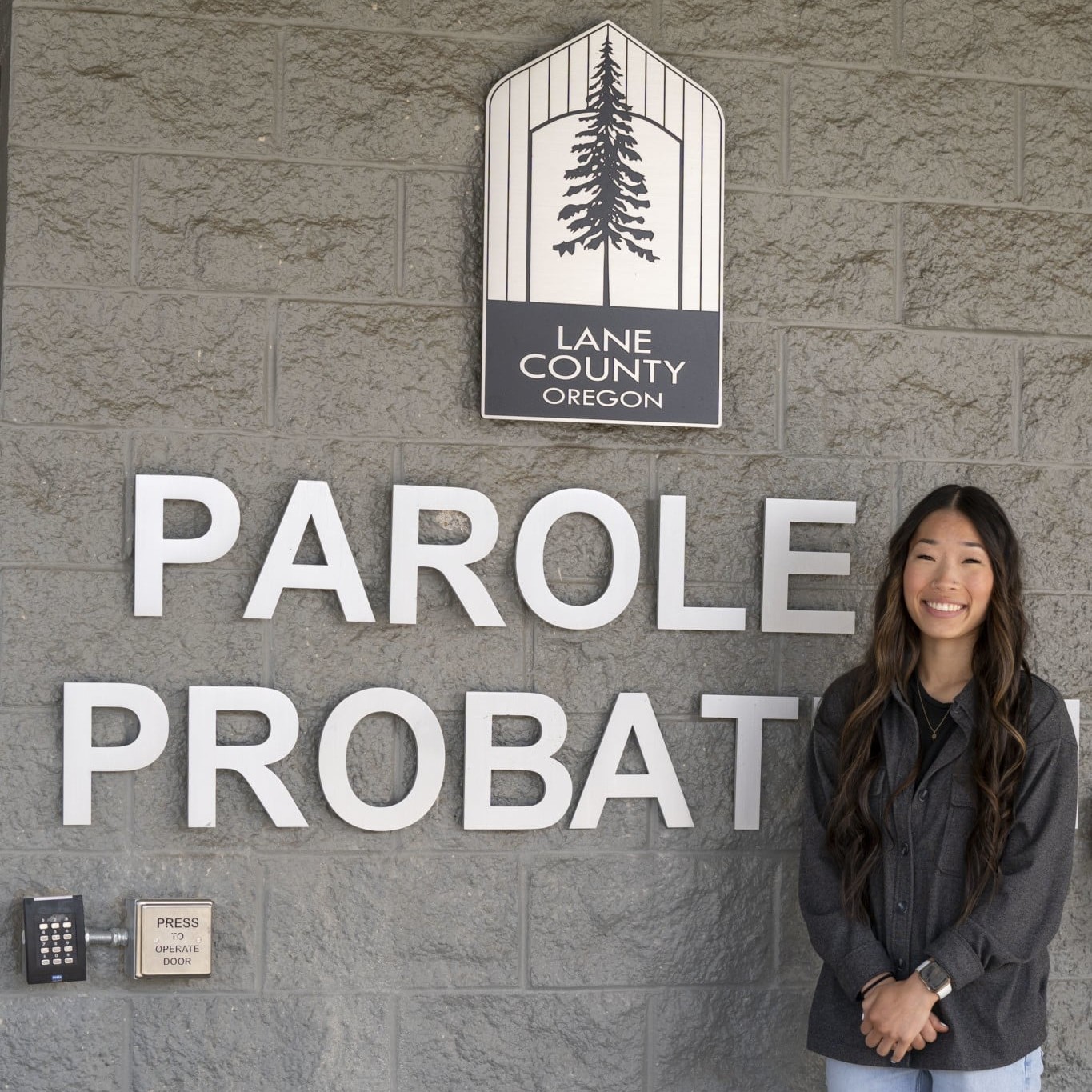
Internship Program OVERVIEW
Internship is a key component of carrying out the vision of the University: to be characterized by a commitment to equip students to discover and answer God’s call in their lives.
Every major program of study has a field experience component. Internships enhance students’ readiness for the transition from college to career, as well as give them an advantage in the graduate admissions process, in the competition for entry-level positions, and in the achievement of career satisfaction.

Experiential LEARNING
Internship is a key component of carrying out the vision of the University: to be characterized by a commitment to equip students to discover and answer God’s call in their lives.
Every major program of study has a field experience component. Internships enhance students’ readiness for the transition from college to career, as well as give them an advantage in the graduate admissions process, in the competition for entry-level positions, and in the achievement of career satisfaction.

What is INTERNSHIP?
National Association of Colleges & Employers (NACE) recommends the following definition:
“An internship is a form of experiential learning that integrates knowledge and theory learned in the classroom with practical application and skills development in a professional setting. Internships give students the opportunity to gain valuable applied experience and make connections in professional fields they are considering for career paths; and give employers the opportunity to guide and evaluate talent.”

Meaningful
INTERNSHIPS
NACE suggests the following criteria be met in order for an experience to qualify as an internship:
- The experience must be an extension of the classroom: a learning experience that provides for applying the knowledge gained in the classroom. It must not be simply to advance the operations of the employer or be the work that a regular employee would routinely perform.
- The skills or knowledge learned must be transferable to other employment settings.
- The experience has a defined beginning and end, and a job description with desired qualifications.
- There are clearly defined learning objectives/goals related to the professional goals of the student’s academic coursework.
- There is supervision by a professional with expertise and educational and/or professional background in the field of the experience.
- There is routine feedback by the experienced supervisor.
There are resources, equipment, and facilities provided by the host employer that support learning objectives/goals.

Internship GUIDELINES
Internship sites, whether on-campus or off-campus, must go through an approval process prior to accepting a student as an intern. Approval is based on the following criteria:
- The site is able to abide by the internship guidelines set by the University.
- The site has the ability to train and supervise undergraduate interns.
- The site is able to provide tasks and projects that align with students’ learning objectives and program of study.
- The site is able to accommodate the minimum number of clock hours necessary for the completion of the credit requirements within students’ disciplines.
- The designated site supervisors possess qualifications and experience in the area over which they are supervising.
The specific academic policies that govern internship are outlined in the current academic catalog.

Career Readiness
COMPETENCIES
Internship learning objectives are based on the NACE Career Readiness Competencies:
- Critical Thinking/ Problem Solving
- Oral/Written Communication
- Teamwork/Collaboration
- Digital Technology
- Leadership
- Professionalism/Work Ethic
- Global/Cultural Fluency
RECENT INTERNSHIPS
Bella Hernandez & Ashley Flores
Lane County
EUGENE, Ore. – For students eager to apply their academic knowledge in real-world settings, internships provide an essential stepping stone. Last spring, two recent Bushnell University graduates, Isabella “Bella” Hernandez ‘25 and Ashley Flores ‘25, gained hands-on experience through internships with Lane County. Hernandez completed her internship with Talent Acquisition, while Flores was with Labor Relations and Talent Management.
To learn more about Bella and Ashley’s story, visit Internship Insights: Lane County.
Liam Kerr
Visual Robotics
Bushnell University senior Liam Kerr, a double major in Mathematics and Computer Science: Software Engineering, is currently completing a high-tech internship with Visual Robotics, a local company specializing in artificial intelligence and robotic systems. Motivated by a growing interest in AI and robotics, Kerr found Visual Robotics to be the perfect environment to bridge classroom theory with real-world innovation as part of his spring internship.
To learn more about Liam’s story, visit Internship Insights: Visual Robotics.
Kyle Foss, Logan Gant, & Jackson Gielish
Kernutt Stokes
For students aspiring to make an impact in the world of finance, real-world experience is key to turning academic knowledge into practical skills. Three Bushnell University students, Kyle Foss (pictured, right), Logan Gant (pictured, middle), and Jackson Gielish (pictured, left), are gaining hands-on experience this semester through their internships at Kernutt Stokes, a leading accounting and consulting firm based in Eugene, Oregon. Known for its expertise in providing comprehensive services, the firm offers a wide range of financial solutions, including auditing, tax planning, and consulting, to clients in various industries. Each student has found this opportunity to be a valuable bridge between classroom learning and professional practice.
To learn more about Kyle, Logan, and Jackson’s story, visit Internship Insights: Kernutt Stokes.
Questions?


Whitney Shoun, M.S.

